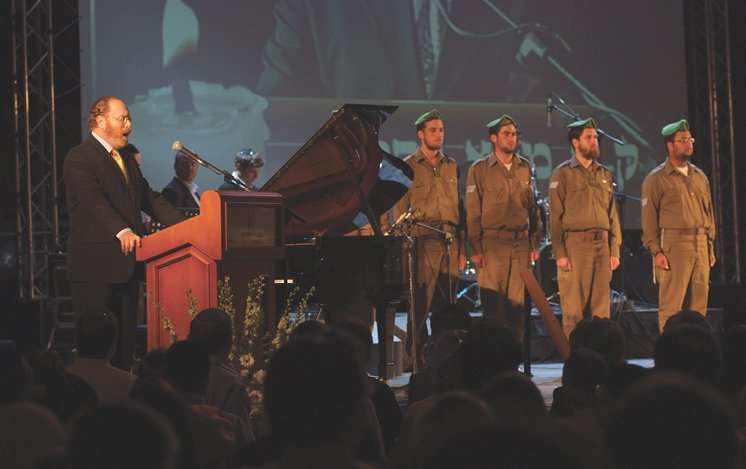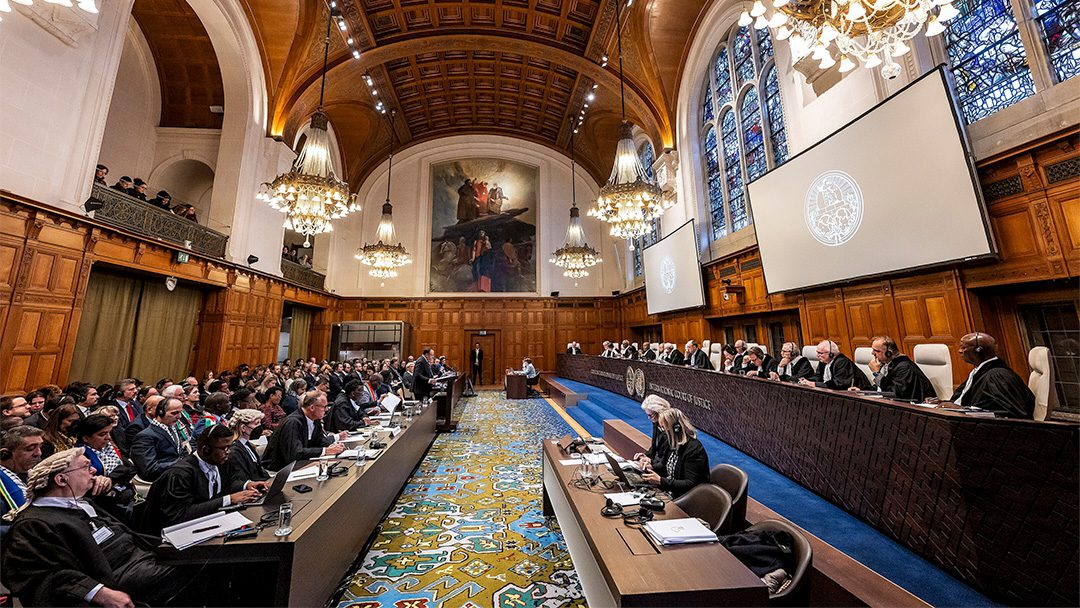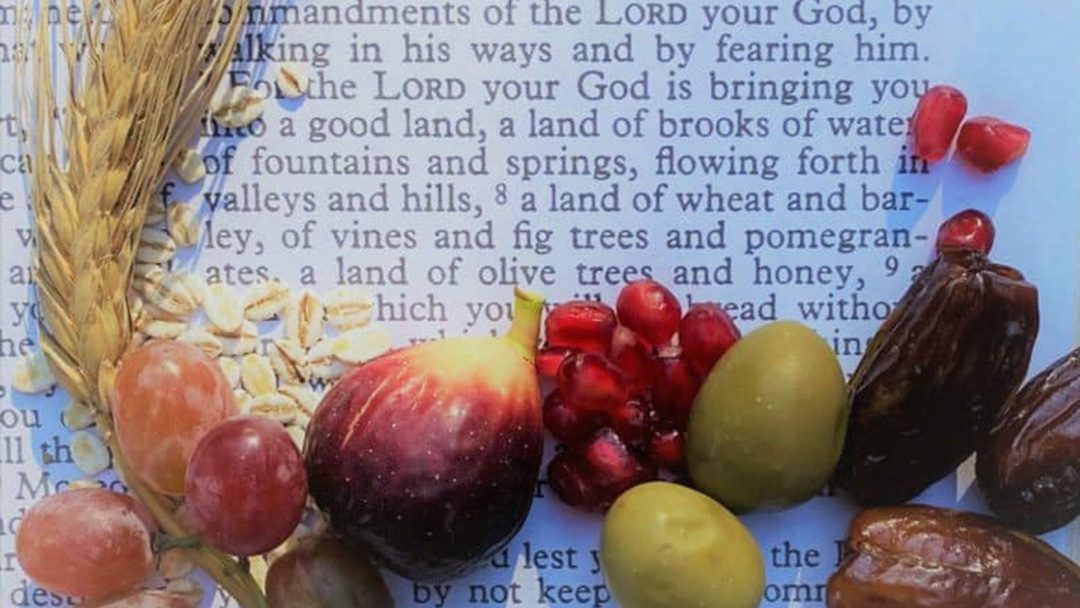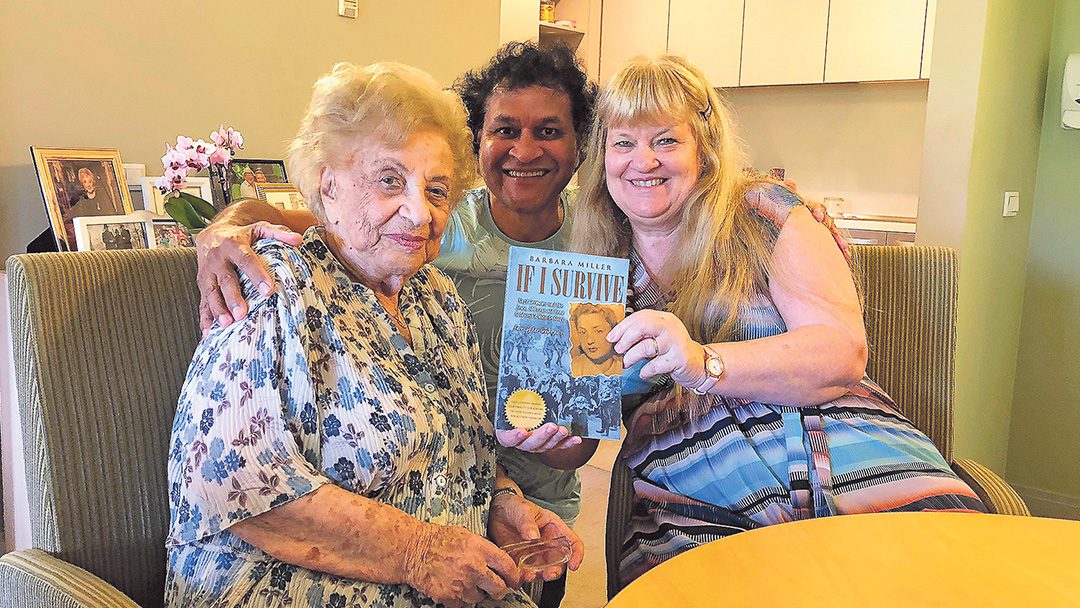Yom HaZikaron, the Israeli Memorial Day commemorated this year on 7-8 May, was a day of grateful remembrance of those who lost their lives in conflict and war, as was our own Anzac Day. Yom HaZikaron has been traditionally dedicated to fallen soldiers, but commemoration has also been extended to civilian victims of terrorism and political violence. As of Yom HaZikaron in 2019, that number was 23,741.
On this annual day radio and television stations broadcast programs portraying the lives and heroic deeds of fallen soldiers. Most of the broadcasting time is devoted to Israeli songs that convey the mood of the day. By law, for 24 hours (from sunset to sunset) all places of public entertainment (theatres, cinemas, nightclubs, pubs, etc) are closed.
Regular TV programs cease, and the names and ranks of every soldier who died for Israel since the day of Israel’s birth are displayed in a 24-hour television broadcast, each flashed on the screen for several seconds. It is the Jewish people’s way of reminding themselves that every person matters.
Quite simply, for Israelis danger from war or terror is a way of life. It is the only reality they know. The very recent onslaught of nearly 700 rockets from Gaza, killing four people and injuring more than 200, has been a sober reminder of just what Israel has to contend with on all too regular a basis.
At 18 almost every Israeli male is on active duty in the military for 3 years; most females serve 2 years. Most Israelis have lost friends who died while serving their country in the Israeli army. In fact, almost every high school in Israel has a “memorial corner” with the photos of the school graduates who fell in battle or while on military duty.
And so we remember them. We do well at this point to reflect on the significance of the Hebrew word for “remember”—zakar —which includes both remembering and the actions that result from remembering, such as doing someone a favour, or helping them in a specific way. Hebrew verbs stress action and effect, rather than just mental and intellectual activity.
When Paul writes in Galatians 2:10 that “they desired only that we should remember the poor,” he is not talking about a mental remembrance, but about practical help and financial gifts. I am often reminded too of the Hebrew word for faith—emunah— which means both faith and faithfulness.
You who are reading these words understand the Biblical mandate to give practical expression to our Christian faith, and to be a blessing and a comfort to God’s chosen people, remembering practically those among the Jewish people who are poor and in need, as well as those whose heart is to make aliyah and establish their home in Israel, and need help to do so.
And now we remember that from sunset on 8 May and into 9 May, the very next day after Yom HaZikaron, the “Memorial Day for the Fallen Soldiers of Israel and Victims of Terrorism,” Jewish people celebrated Yom HaAtzmaut (“Independence Day”), the national day of Israel, commemorating the historic Israeli Declaration of Independence in 1948.
Yom HaZikaron ended with a sunset ceremony on Mount Herzl in Jerusalem, including the lighting of 12 torches that heralded the start of Independence Day. This was a day to rejoice with flags and parades and picnics. On Independence Day Israel’s mourning was turned into dancing! It was a time to rejoice in the miracle that is the State of Israel.
“Many spend the night dancing Israeli folk dances or singing Israeli songs. During the daytime thousands of Israeli families go out on hikes and picnics. Army camps are open for civilians to visit and to display the recent technological achievements of the Israeli Defense Forces” (from My Jewish Learning).
Some people may find it strange that a deeply solemn occasion of remembrance is followed so immediately by such joyful celebration. I remember attending both events a few years ago in Melbourne at the invitation of Zionism Victoria, and certainly was struck personally by the contrast. The linking of these two days has clear significance: Israelis owe their independence – the very existence of the state – to the soldiers who sacrificed their lives for it.
Let’s hear a Jewish perspective on this by Hanan Cidor:
“Being an Israeli, one of the hardest things to deal with – and as far as I know it is unique to Israel – is the seemingly unbelievable and immediate passage between sorrow and celebration, as portrayed in the pairing of Yom HaZikaron (Israel’s Memorial Day) and Yom HaAtzmaut (Israel’s Independence Day). The idea behind this is that the day before celebrating our independence, we are reminded of the price and sacrifice made by so many in order to keep us free.
“If you’ve never been in Israel during those two days, nothing can possibly explain the experience and the kind of emotions that it evokes. After a full day of grief and remembrance, something that is very much relevant from a personal standpoint to literally every Israeli, we go rather abruptly to a truly joyous celebration of our freedom and achievements during Israel’s Independence Day.”
Just consider for a moment those achievements! Israel’s story is a truly phenomenal one. Founded 71 years ago in the middle of a desert and with hardly any natural resources, Israel has been battered by relentless war and terror. And yet, while facing constant security threats, some of them even starting literally from day one of the new state’s independence, Israel has succeeded in building a strong nation, has become a regional power, and is the only democracy in a largely hostile neighbourhood.
Amazingly too, Israel is now a world leader in countless areas of technological innovation, let alone being often the first nation to provide practical assistance and relief – even to enemy nations! – when disaster strikes. And then there is the amazing revival of Hebrew as the Jewish people’s language – a language previously restricted to Scripture alone – as well as the immigration of more than 3 million Jews to Israel (and counting!) since the establishment of the State of Israel in 1948.
Back in 1956 the first Prime Minister of Israel David Ben-Gurion declared: “In Israel, in order to be a realist you must believe in miracles.” Well, the miracles continue in this land of God’s favour and blessing, despite the agenda of Israel’s genocidal enemies and the antisemitic world. As we pray and demonstrate emunah, we have good reason to rejoice with our Jewish brothers and sisters as we see Israel not only surviving but thriving!












0 Comments